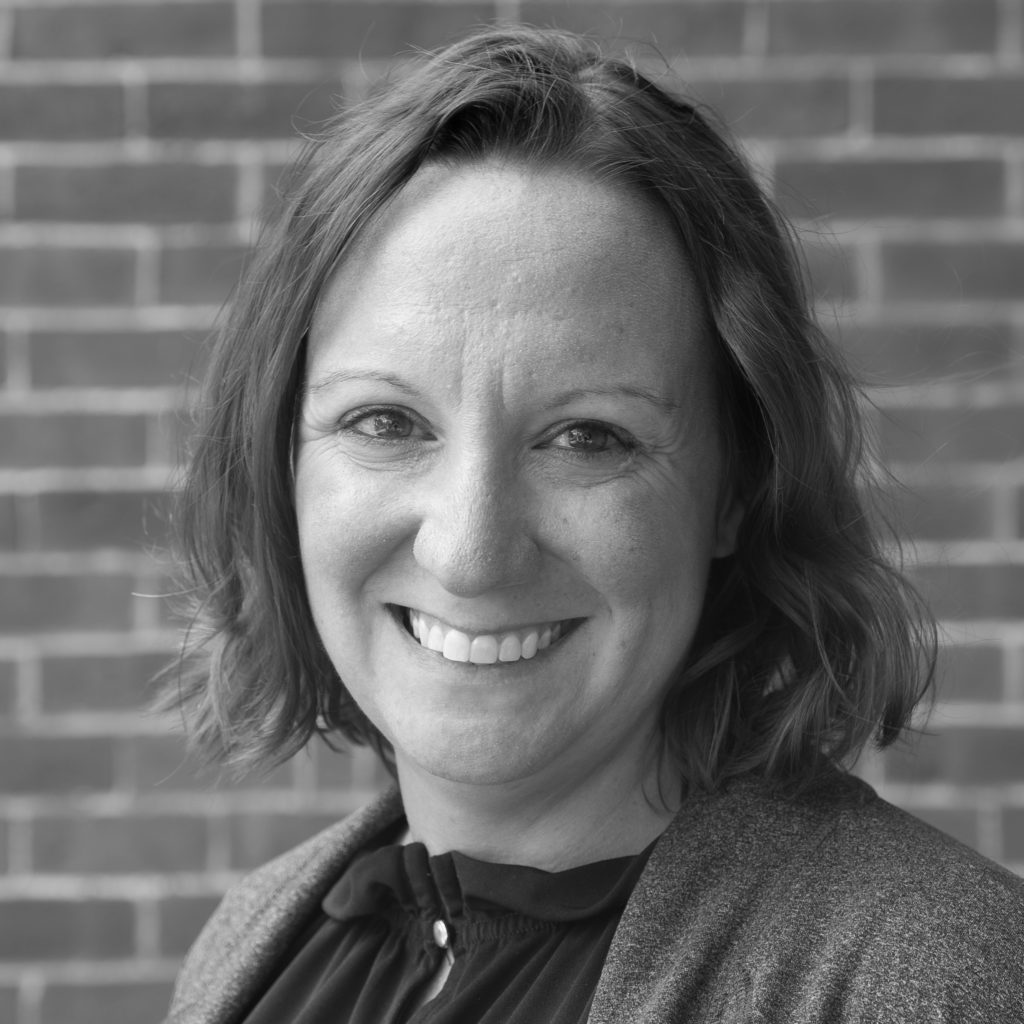Alexandria Brasili joined MMSA in April 2017 as a Research Associate. She holds a Master’s degree in Science Education from Oregon State University and a Bachelor’s degree in Biology from Bowdoin College. Prior to joining MMSA, Alexandria spent two years as an Island Fellow through the Island Institute and then five years as a Marine Science and Aquaculture educator at Herring Gut Learning Center in Port Clyde, ME. While at Herring Gut, she created and instructed educational programs in partnership with public school teachers and developed a summer work program for young teens called the First Work Experience. Her time at Herring Gut showed her how powerful cross-sector partnerships between traditional schools, nonprofit organizations, and other community assets can be for providing students with high quality STEM education experiences.
Hometown
Leominster, MAEducation
Master’s degree in Science Education from Oregon State University and a Bachelor’s degree in Biology from Bowdoin CollegePublications
Cian, H., & Brasili, A. (2024). Rural Elementary Teachers’ Computational Thinking Self-Efficacy Through Community-Based Citizen Science. Journal of Science Teacher Education, 1–23. https://doi.org/10.1080/1046560X.2024.2375843
Miller‐Rushing, A., & Brasili, A. (2024). Teaching computational thinking in grade school requires “just right” individual teacher support. School Science and Mathematics.
Brasili, A., Kermish-Allen, R., & Breus, S. (2022). Using a statewide landscape analysis to inform fieldwide supports for environmental learning programs. Environmental Education Research, 1-19.
Brasili, A. & Kermish-Allen, R. (2020). “Connecting Learning Through Citizen Science in the Classroom, Community, and Online.” Connected Science Learning, 2(2).
Brasili, A., & Allen, S. (2019). Beyond the Webinar: Dynamic Online STEM Professional Development. Afterschool Matters, 29, 9-16.
Something you’re proud of at MMSA
I’m proud to be a member of the research team.What is your STEM passion area?
Environmental Education / Community-Based Environmental LearningWhat do you like most about your role at MMSA?
I love working at an organization that is dedicated to excellence in STEM education, with a passionate and creative group of colleagues, and a supportive work culture.What did you do before you worked at MMSA?
Prior to joining MMSA, I spent two years as an Island Fellow through the Island Institute and then five years as a Marine Science and Aquaculture educator at Herring Gut Learning Center in Port Clyde, ME. While at Herring Gut, I created and instructed educational programs in partnership with public school teachers and developed a summer work program for young teens called the First Work Experience.What do you like to do in your free time?
I enjoy hiking, gardening, boating, and spending time with my dog Bailey.What memory from your childhood would you like to share that exemplifies why you do the STEM education related work that you do?
Cian, H., & Brasili, A. (2024). Rural Elementary Teachers’ Computational Thinking Self-Efficacy Through Community-Based Citizen Science. Journal of Science Teacher Education, 36(1), 95–117.
Harris, M., Brasili, A., Peterman, K., Collins, I., Hafford, A., Plummer, A., ... & Train, M. (2023). A model of programmatic co-design with teachers: Five factors for success. CoDesign, 1-16.
Brasili, A., Kermish-Allen, R., & Breus, S. (2022). Using a statewide landscape analysis to inform fieldwide supports for environmental learning programs. Environmental Education Research, 1-19.
Brasili, A. & Kermish-Allen, R. (2020). “Connecting Learning Through Citizen Science in the Classroom, Community, and Online. Connected Science Learning, 2(2).
Brasili, A., & Allen, S. (2019). Beyond the Webinar: Dynamic Online STEM Professional Development. Afterschool Matters, 29, 9-16.
